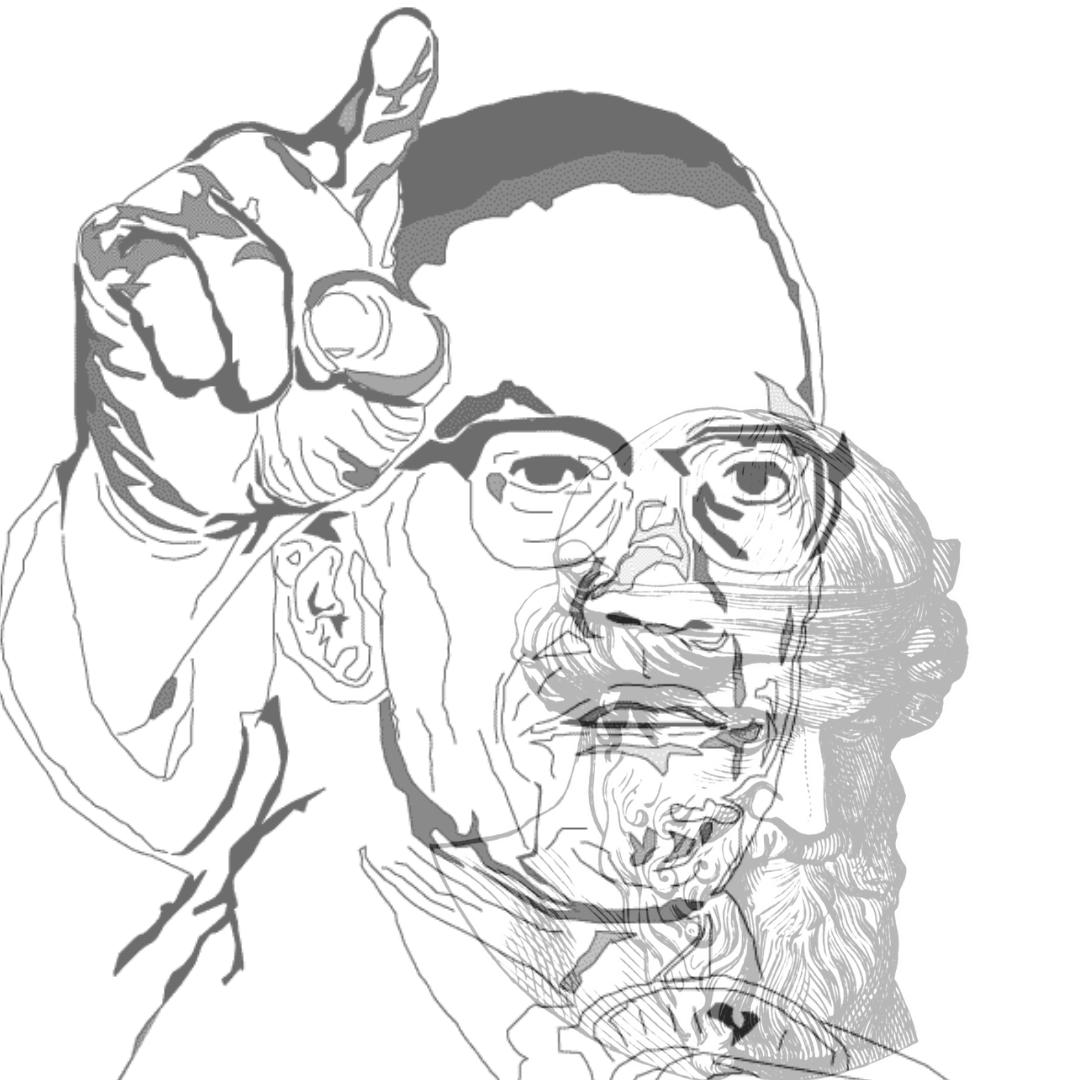The Black college student has more opportunity than ever before to pursue a career in philosophy. Yet, young Black Americans are not showing up in philosophy classrooms because they are unrepresented and pushed aside.
The idea that Black people do not care about philosophy is both untrue and unsatisfactory. Black Americans have been routinely dismissed from the larger philosophical conversation.
Philosophers have found themselves in an intriguing time and are perhaps on the cusp of moving into another philosophical age or mindset that focuses more around social justice than political and economic justice.
Representation being the first issue to face, the Western tradition of philosophy is largely Euro-centric and traces its roots back to Greece. The efforts of Renaissance thinkers to centralize the conversation around European experience has provided incredible thought structures that have helped build Western society, but the Black American has an incredibly unique perspective that has been often overlooked by philosophy.
The history of Africans being uprooted and finding themselves all over the world alienated from their heritage need not be repeated for sake of being concise, but speaking from more recent history, Black thought leaders are rarely given the title of philosopher.
Angela Davis is largely seen as a political activist though she studied philosophy under one of the prominent thought leaders at the time, Herbert Marcuse. Her contributions to conversations around prisons, Black Communism and political theory were some of the most important concepts being produced at the time. W.E.B. Du Bois is considered a sociologist. The idea that Du Bois only meant to depict Black experience with no further action to be taken post-depiction is selling him short.
James Baldwin, invigorating author, is known for his books and public appearances. The content found in his literature is not simply well-written exaggerations of his experiences, but an analysis of American society focusing on the person-to-person and institutional effects the theory of race has on all ethnicities.
Ignoring these philosophers is to deprive the nation of a deeper exploration of oppression and power dynamics as applied to identity. Not seeing familiar faces or even faces that resemble their own is alienating for a Black student and might exhaust whatever passion for philosophical study they might have had.
Philosophy is often brought to the masses through dry and outdated mediums. Books are presented as being the main form by which philosophy can be distributed or explained. The writing itself is dry and dense, which only discourages a person who may just have a passing interest in the topics being discussed.
Black students are open to the concepts discussed and deal with the same questions all other young Americans deal with, but the mediums by which they receive information and the mediums by which philosophy chooses to distribute information are oftentimes not involved.
Many philosophical works are not in audiobook form, there is very little music, film or art that speaks specifically to philosophical concepts and makes them palatable, and Black people often deal with gatekeeping from those already versed in philosophy who prioritize information gathering to achieve moral superiority more than they would be willing to assist in teaching others.
Philosophy, then, has a job to do.
It can continue to alienate and discourage Black students from pursuing philosophy because of its overwhelming emphasis on the European perspective and its insistence on remaining within its outdated mediums or it can update its delivery and expand its perspective. In pursuing the latter, we might just discover many more Angela Davis’s.
– Jacob Montgomery is a philosophy senior
Opinion: Western philosophy alienates black people
February 10, 2020
0
Donate to The University Star
Your donation will support the student journalists of Texas State University. Your contribution will allow us to purchase equipment and cover our annual website hosting costs.
More to Discover














